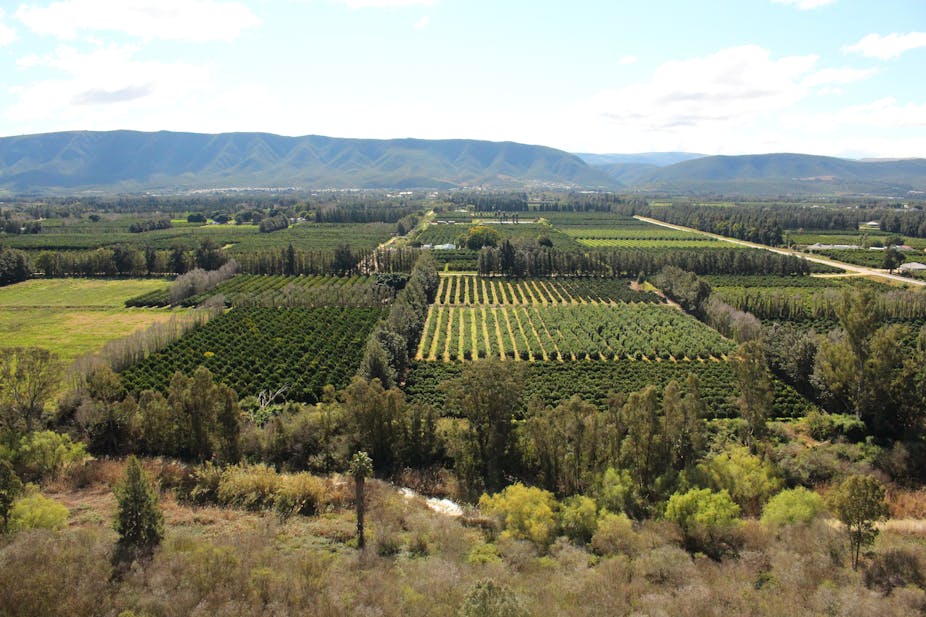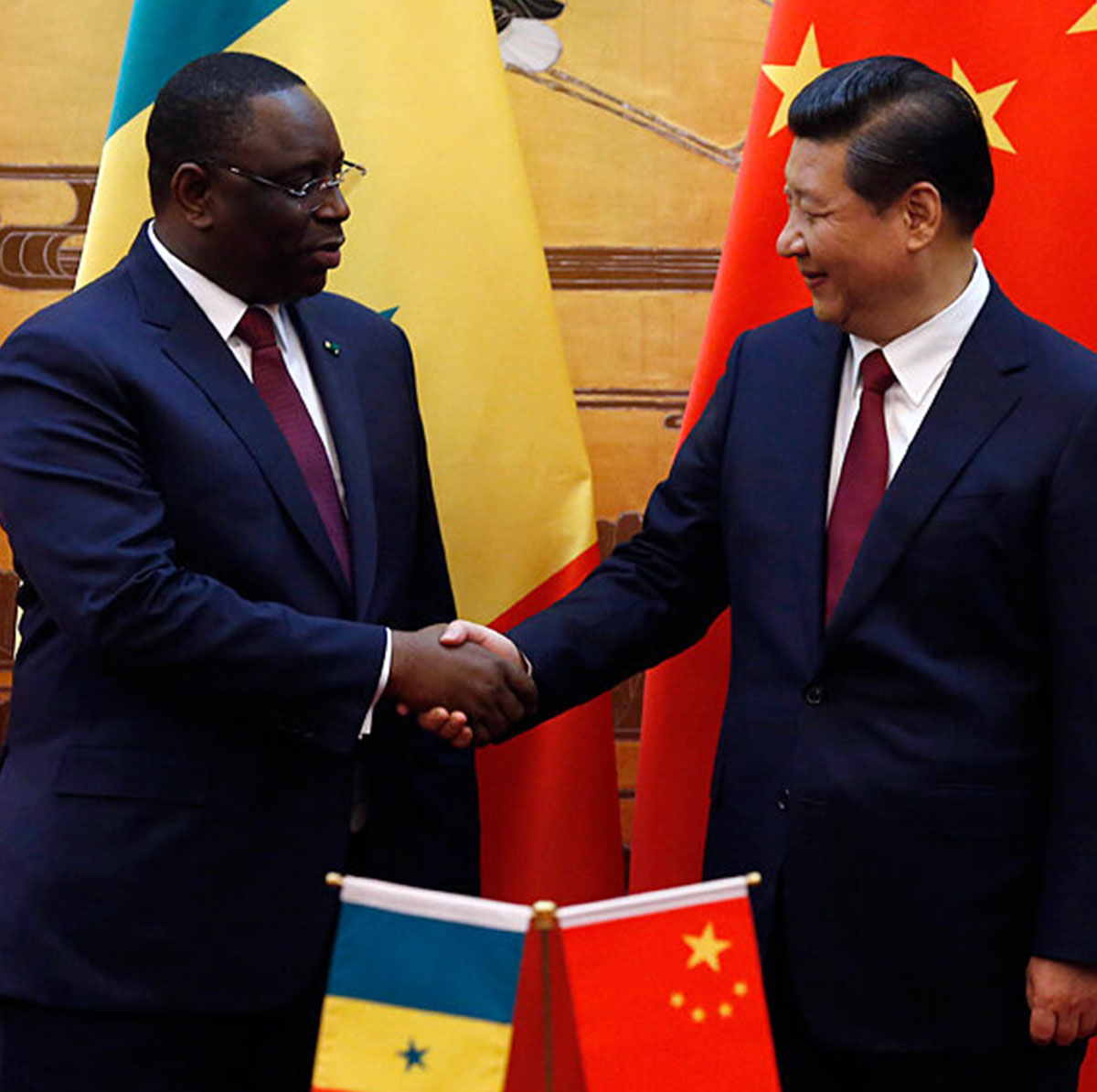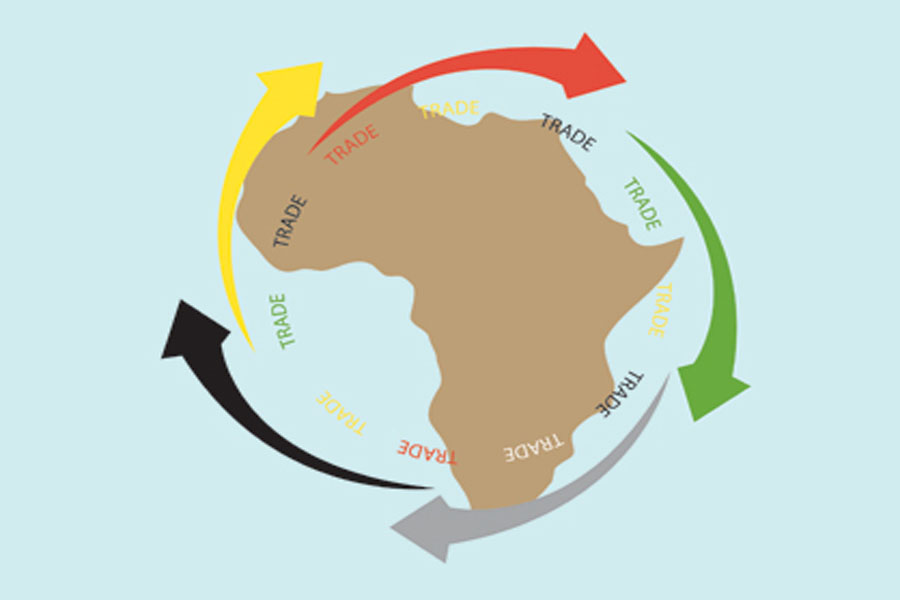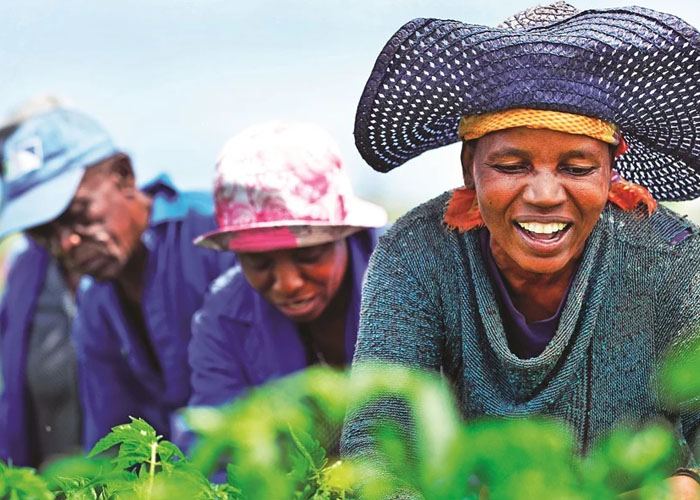WHAT MORE TO DIGEST . . .
ARGUMENT
Teaming up with Oxford academics, Christopher Cramer and John Sender, Arkebe Oqubay (PhD) has co-authored a book on African economic development, providing high pitched analysis on theory and policies of trade and manufacturing. Their conclusion uncovers the uneven state of economic development between countries and regions, in as much as showing its contradictions. The intra-Africa trade may sound exciting on papers for those keen in economic nationalism or south-south solidarity. But both are nothing but fantasy, they concluded.
COUNTER-ARGUMENT

Andrew Mold, from UNECA, and Samiha Showdhury, from the World Bank, challenge the “Oxford View” on three grounds: The comparative analysis fails to compare apple to apple; large scale commodities exports from Africa distorted the intraAfrica picture; and, there is a failure to recognize the cross-border trade.
CHECK

It has become truism that free trade will not solve all of Africa’s problems, although it has the potential to lift close to 30 million people out of poverty. Africa has, however, a lot to learn from Europe on how the promise of regional trade bloc succeeds. It is about identifying the pitfalls such as tariff, standards and economic disparities between countries in the continent that have signed to the AfCFTA.
LEARN
Africa’s agriculture and agribusiness can expand to one trillion dollars in a decade, the World Bank estimates. Ironically, Africa remains a net 19 billion dollars importer of agricultural commodities and food in the two years beginning in 2015, where countries in the continent had imported 80 billion dollars’ worth of commodities and food.
Meeting in Malabo six years ago, ministers from countries in Africa signed a declaration to expand intra-Africa trade in agricultural commodities and services as a way of realizing this dream. The African Union Commission and the UN Food & Agricultural Organization (FAO) have developed what they call a “framework”, hoping to boost trade in agricultural products and services.
GUIDE
The free trade area in Africa hardly succeeds in the absence of an integrated high speed rail network covering much of the continent, argues Rowland Ataguba, managing director of Bethlehem Rail Infrastructure. Such an integrated network of freight and passenger transportation is necessary to reverse the dismal amount of trade among African nations, estimated at 15%.
FEAST
For those interested to see the correlation between economic integration, democracy and currency misalignments across exchange rate regimes in Africa, here is an extensive study, a goldmine for data. The authors concluded that membership in a regional economic community significantly reduces the extent of the misalignments. They believe it is the quality of the institutions countries have - more so than the type of exchange rate regime - that should be the focus.





